The report’s authors say the results of its survey underline the need for improvements to rail services across Europe.
Europe’s rail services fall short of expectations and expensive ticket prices don’t necessarily translate to higher-quality services, a new report has found.
The survey from the campaign group Transport and Environment (T&E) ranked 27 different rail operators across the continent. Each was evaluated on eight different criteria: ticket prices, special fares and reductions, reliability, booking experience, compensation policies, traveller experience, night trains and cycling policy.
It comes amid a growing consensus that rail travel in Europe needs to be improved with T&E saying it underlines the need for industry-wide reforms.
Which rail operators are the best in Europe?
Italy’s Trenitalia came out on top of T&E’s ranking, earning an average score of 7.7 out of 10, with the operator standing out for its travel experience. It is followed by Switzerland’s SBB with a score of 7.4 which was found to have the most punctual trains in Europe.
Also with a score of 7.4 was Czechia’s RegioJet, which has some of the most affordable ticket prices in the continent, according to the report.
Which rail operators are the worst in Europe?
Eurostar was at the bottom of the list with an average score of 4.9 out of 10 across the eight criteria. T&E says this reflects its steep prices - which are worth 25 per cent of the score - and poor reliability.
The report found that Eurostar was almost twice as expensive as other European operators on routes of comparable lengths.
A Eurostar spokesperson says the operator is “surprised” by the survey results and doesn’t agree with the conclusions of the report.
They point to recent changes since the data was collected, saying the booking experience is now the same for all trains, cycling policies have been updated, and a service to buy discounted last-minute fares has been relaunched.
The Eurostar spokesperson adds that automated refunds aren’t offered to allow customers to choose the type of compensation they want to receive.
“We are confident that if this report were redone again, the scores would be higher,” the operator says.
Eurostar is joined at the bottom of the list by Greece’s high-speed Hellenic Train, and France’s low-cost rail service Ouigo.
What are the most reliable rail operators in Europe?
Reliability and ease of booking are worth 15 per cent of an operator’s score in the ranking.
In the top three overall, Switzerland’s SBB is in the lead for reliability alongside Belgium’s SNCB, and Spain’s Renfe.
When it comes to booking experience, SBB also tops the list, followed by Deutsche Bahn and Austria’s ÖBB. This covers features like how long tickets are offered in advance and if they can be sold by external platforms.
Just 11 out of the 27 operators included in the survey achieved punctuality rates over 80 per cent, however.
Germany’s Deutsche Bahn, Portugal’s CP, and Sweden’s Snälltåget rank lowest for reliability.
What are the most and least expensive rail operators in Europe?
Comparing price per kilometre, travelling by train in the UK was particularly expensive. Great Western Railway was the most pricey, with fares two and half times higher than the average EU/Swiss operator.
Eurostar was the second worst for price - at twice the price of other European operators. The report notes that it is noticeably expensive when compared to other international rail companies, costing up to five times as much as RegioJet.
The third most expensive was the UK’s Avanti West Coast, with fares one and a half times more than the average EU/Swiss operator.
The most cost-competitive operator in Europe was Germany’s new entrant, Flixtrain. It was found to be four times cheaper than Deutsche Bahn, the main rail operator it competes with in Germany. Ouigo and RegioJet join Flixtrain in the top three most affordable operators.
For special fares, like discounts for families or specific age groups, Bulgaria’s BDZ, Portugal’s CP, Greece’s Hellenic Trains, Sweden’s SJ, and Italian operators Italo and Trenitalia scored the best out of the 27 operators.
The report also found that high prices don’t necessarily mean better service. ÖBB and Trenitalia had some of the best price-to-quality ratios in Europe, while Eurostar and Avanti had high fares but were found to deliver subpar services.
High ticket prices are ‘driving passengers away’
Victor Thévenet, rail policy manager at T&E, says the “ticket” to making rail travel accessible to all Europeans is to make train travel more affordable.
Research by McKinsey has found that 49 per cent of people cite prices as the primary factor in choosing a mode of transport. Europe on Rail has also found that 73 per cent of people believe rail travel should generally be cheaper than air travel on the same routes.
“Sky-high ticket prices are driving passengers away from trains,” Thévenet explains, adding that bringing costs down is a “shared responsibility between the industry and governments”.
“Rail operators need to set customer-friendly fares, while Member States and the EU should ensure fair competition and lower rail tolls.”
How can European rail be improved?
Some improvements to European rail are already in the works.
EU Commission President Ursula von der Leyen recently committed to creating a Single Digital Booking and Ticketing Regulation. This would allow passengers to easily book tickets for trains that cross country borders and operators without worrying about missing connections. They would also benefit from full EU passengers’ rights in the case of delays.
“The EU has opened a window of opportunity to finally mandate that train companies share their tickets with booking platforms to enable cross-border booking in just one click,” says Thévenet.
“Together with the rollout of the European standard for command and control system ERTMS, which will increase train capacity and punctuality, these regulations have the potential to make rail more reliable and easier to use. It is now time for the Commission to show these are not empty promises.”

 3 months ago
37
3 months ago
37
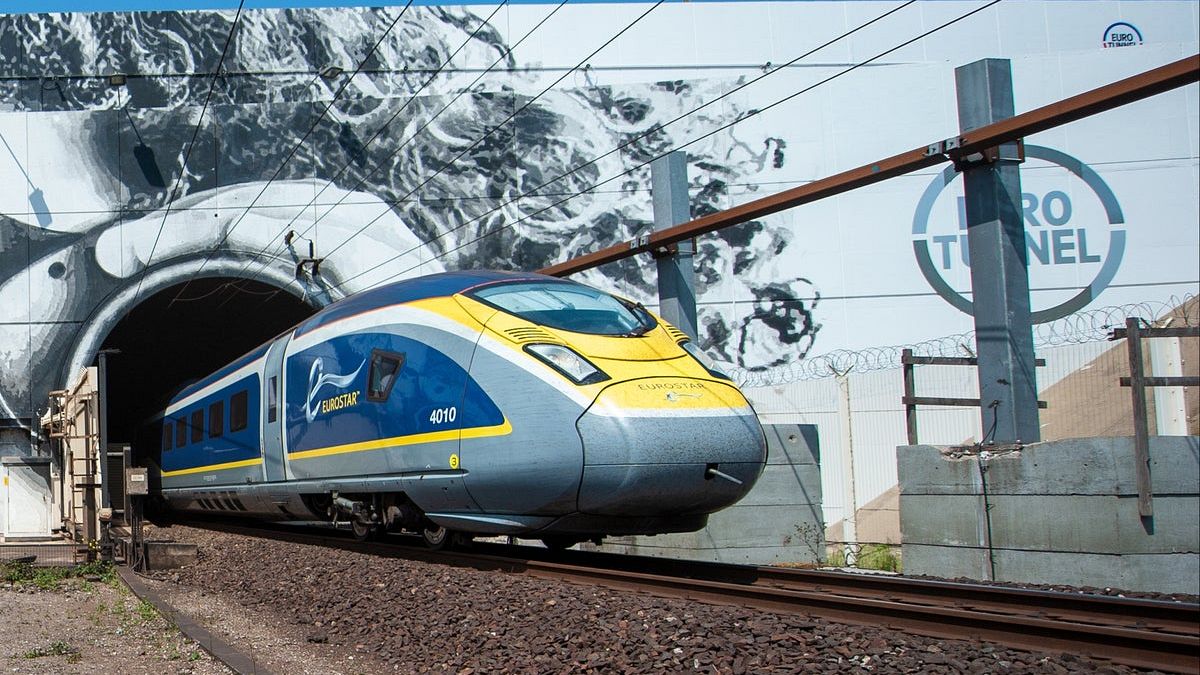
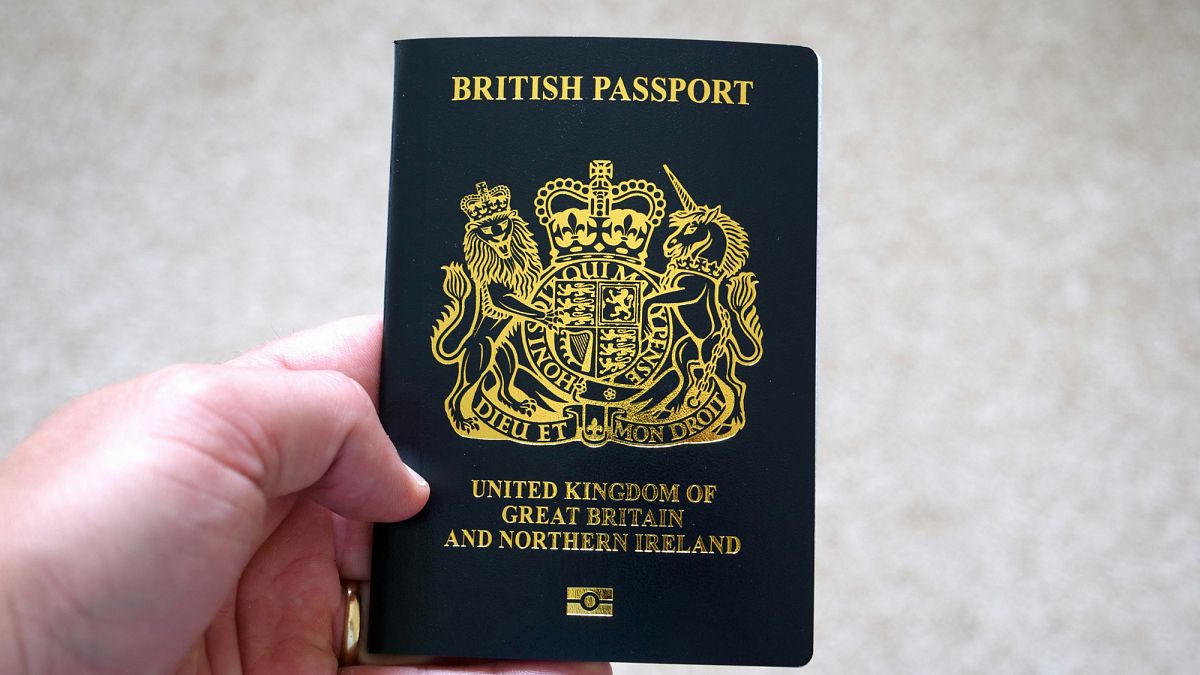
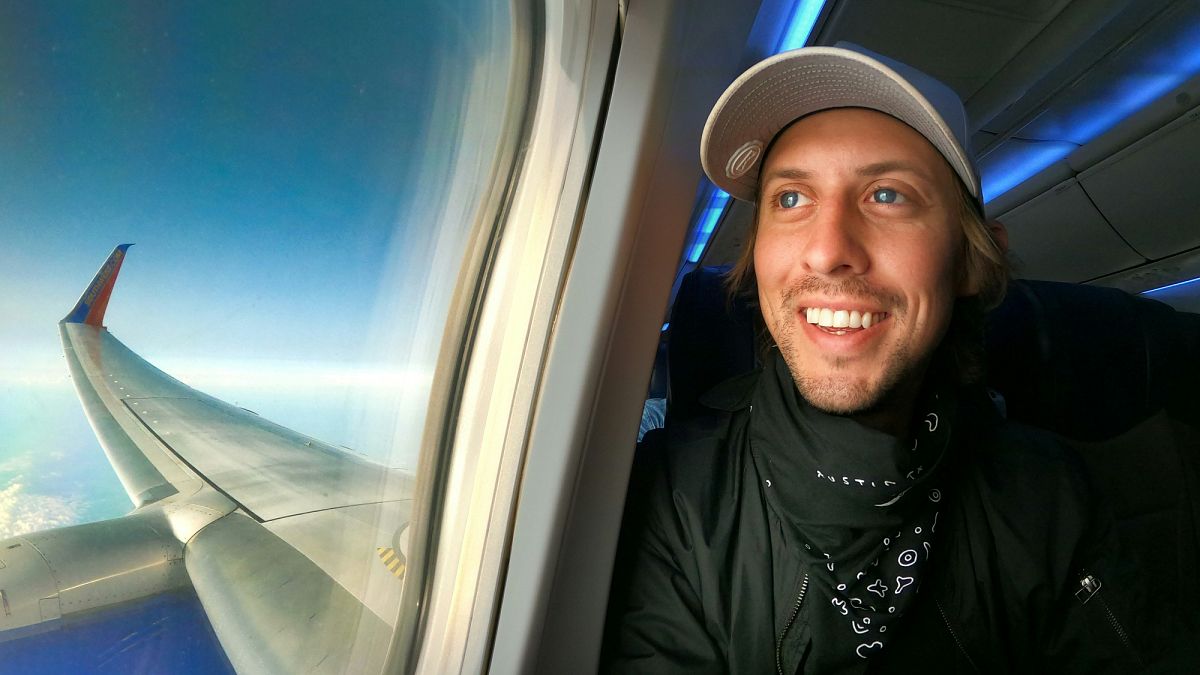

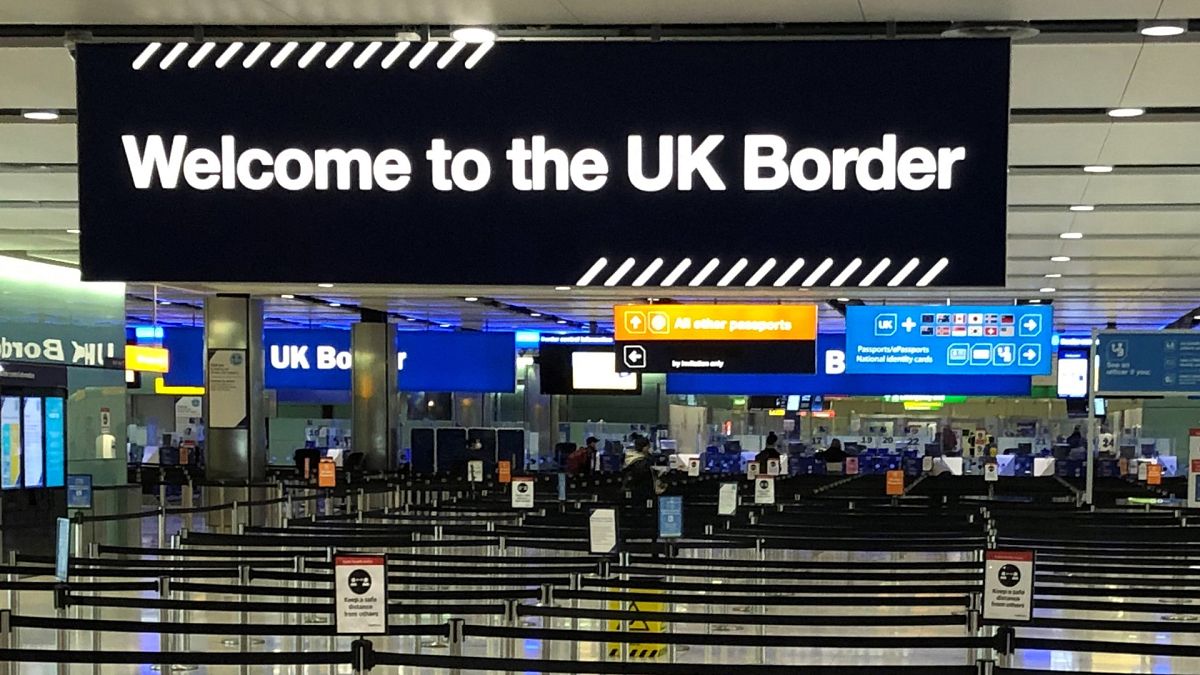
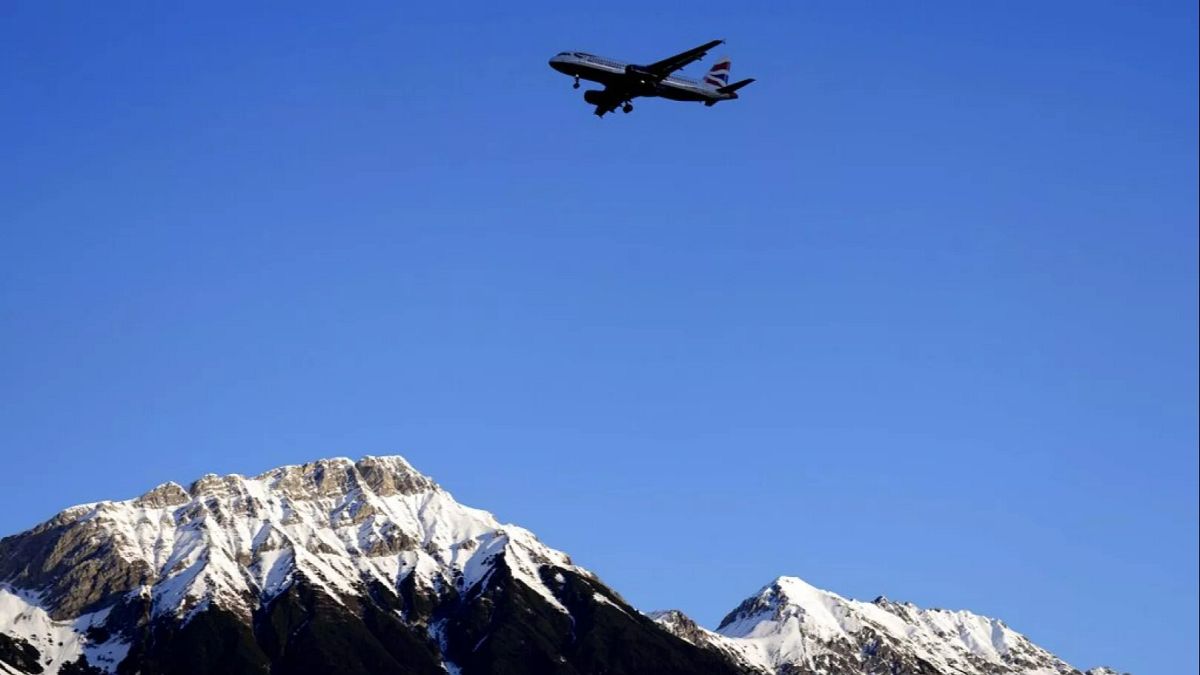
 We deliver critical software at unparalleled value and speed to help your business thrive
We deliver critical software at unparalleled value and speed to help your business thrive






 English (US) ·
English (US) ·